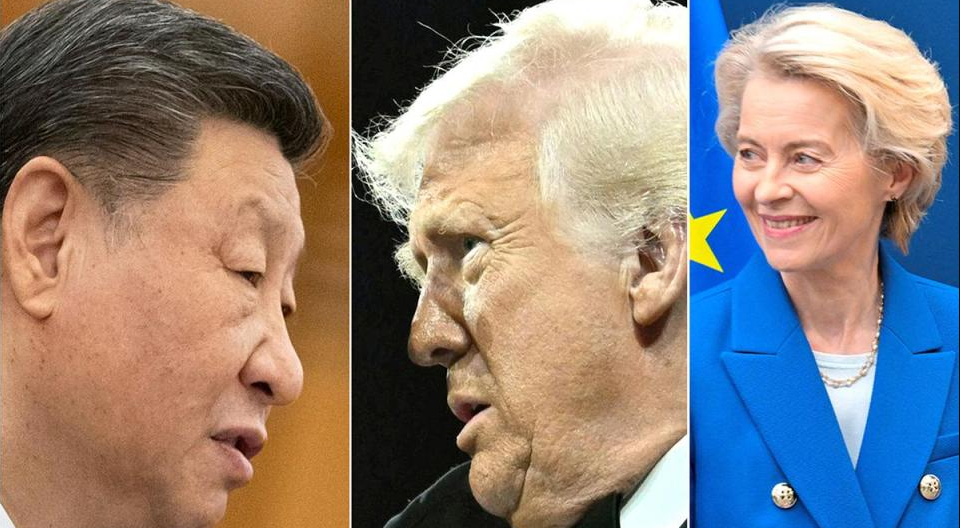A major shift is happening in the global economy. For over 20 years, free trade and global cooperation ruled. Now, power politics and economic nationalism are taking over. The United States, China, and other countries are changing the rules. They now focus more on control and strategy instead of open markets. Europe must act quickly or risk falling behind. This marks a new era in world economics.
The End of Neoliberalism
For decades, many countries followed a neoliberal model. This model promoted free trade, low government rules, and global markets. Leaders believed that if countries focused on what they do best, everyone would benefit. Factories moved to cheaper countries like China. Financial markets grew fast. Multinational companies became powerful.
But this system is changing. Countries are no longer just chasing profit. They now care more about national security and power. The world is becoming more divided.
The US Takes a New Path
The United States is leading this change. Under former President Donald Trump, the US started using tariffs to protect its economy. These trade taxes were once seen as harmful. Now they are tools of power.
A clear example is the proposed Mar-a-Lago Accord. It was meant to make the US dollar weaker, while still keeping it as the top global currency. The plan aimed to protect American financial strength. The US also uses trade rules, military deals, and money incentives to hold on to its power.
This marks a big shift from older US policies. Previous governments tried to build global trust. The new way is more about pressure, change, and quick moves.
China Builds Power Through Trade
China is also changing its economic model. It uses big projects like the Belt and Road Initiative to spread its influence. By building railways, roads, and ports, China creates strong ties with many countries.
At the same time, China is reducing its need for Western markets. It is growing its own industries and high-tech sectors. This helps China depend less on others and lead more on its own terms.
Europe Faces a Hard Choice
While the US and China focus on economic nationalism, the European Union still supports global cooperation. For years, the EU used diplomacy and trade rules to manage global ties. This worked when world trade was steady and the US offered military support.
Now that world is changing fast. Experts warn that Europe could fall behind if it does not adjust. The EU must change its approach or risk becoming weaker in global affairs.
Building European Sovereignty
European leaders are starting to see the need for action. To stay strong, the EU must take control of its economy and future.
Here are key steps Europe needs to take:
Rebuild its manufacturing industries
Secure its own energy supplies
Invest in AI, defense, and key technologies
Trade more within the EU
Use tariffs and deals to support European companies
The EU must also stop depending on the US for defense and China for factory goods. It should become more self-reliant and united from within.
Reforming the EU’s Rules
Another problem is the EU’s complex regulations. Many European companies face too many rules. This makes it hard to compete globally. Experts say the EU must cut back on red tape and support business growth.
Strategic industries need more help. These include:
Clean energy and green technology
Artificial intelligence and robotics
Cybersecurity and digital systems
High-tech manufacturing and innovation
By focusing on these areas, Europe can stay strong in the future economy.
A Major Turning Point
This shift in global economics is historic. It is as big as the end of Keynesian policy in the 1980s or the fall of the Soviet Union in the 1990s. Global groups like the WTO, the IMF, and multinational companies may lose their power unless they adapt.
Europe now faces a choice. It can act and keep up, or stay behind. Countries that understand power and timing will win the future economy.

